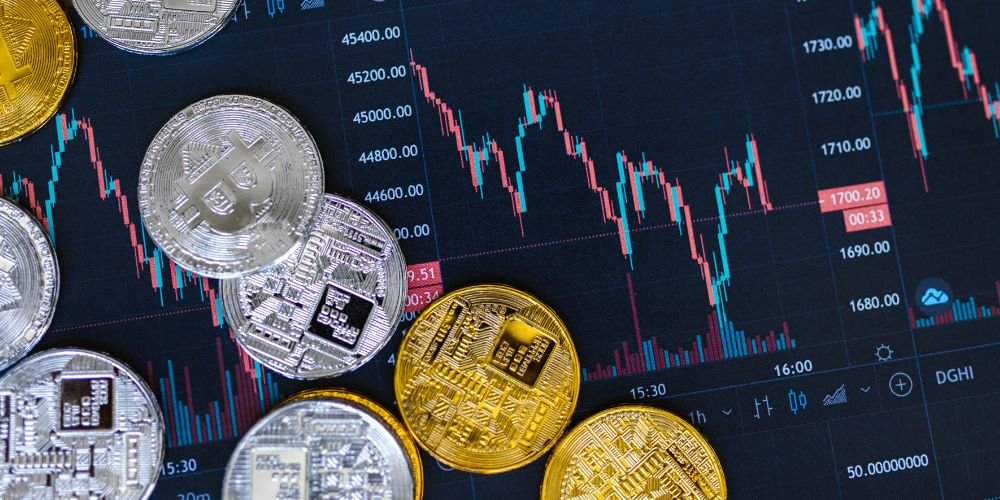Key Points
- Europe’s largest asset manager, Amundi, is concerned about a new U.S. law regulating dollar-backed stablecoins.
- The “GENIUS Act” is expected to trigger a significant surge in stablecoins, with the market potentially expanding to $2 trillion.
- The primary fear is “dollarization,” where citizens in other countries adopt digital dollars, undermining their national currencies.
- Stablecoins could become like “quasi-banks,” bypassing the traditional financial system for payments and savings.
The chief investment officer at Europe’s largest asset manager, Amundi, is sounding the alarm over a new U.S. law aimed at regulating stablecoins. He fears the move could spark a massive and dangerous shift in how money moves around the world.
The new law, known as the GENIUS Act, is expected to pass soon and will establish a regulatory framework for stablecoins pegged to the U.S. dollar. This is expected to cause a huge boom in these digital dollars, with some estimates predicting the market could swell to as much as $2 trillion.
While this might seem beneficial for the U.S., as stablecoin issuers must purchase U.S. government bonds to back their tokens, European leaders are concerned. The primary concern is “dollarization”—a scenario in which people in other countries begin using these easily accessible digital dollars instead of their national currencies. Italy’s finance minister has warned that this threat is “even more dangerous” to Europe’s financial stability than a trade war.
Vincent Mortier, Amundi’s CIO, said the U.S. law “could be genius, or it could be evil.” He pointed out that as these stablecoins become “quasi-banks” used for everyday payments, they could bypass the traditional financial system entirely.
This uncontrolled growth could lead to significant instability. While the new law seems to strengthen the U.S. dollar, Mortier argues that promoting a digital alternative could send the opposite message—that the traditional dollar isn’t strong enough on its own. The ultimate risk, he warned, is that this boom could “destabilize the global payment system.”




